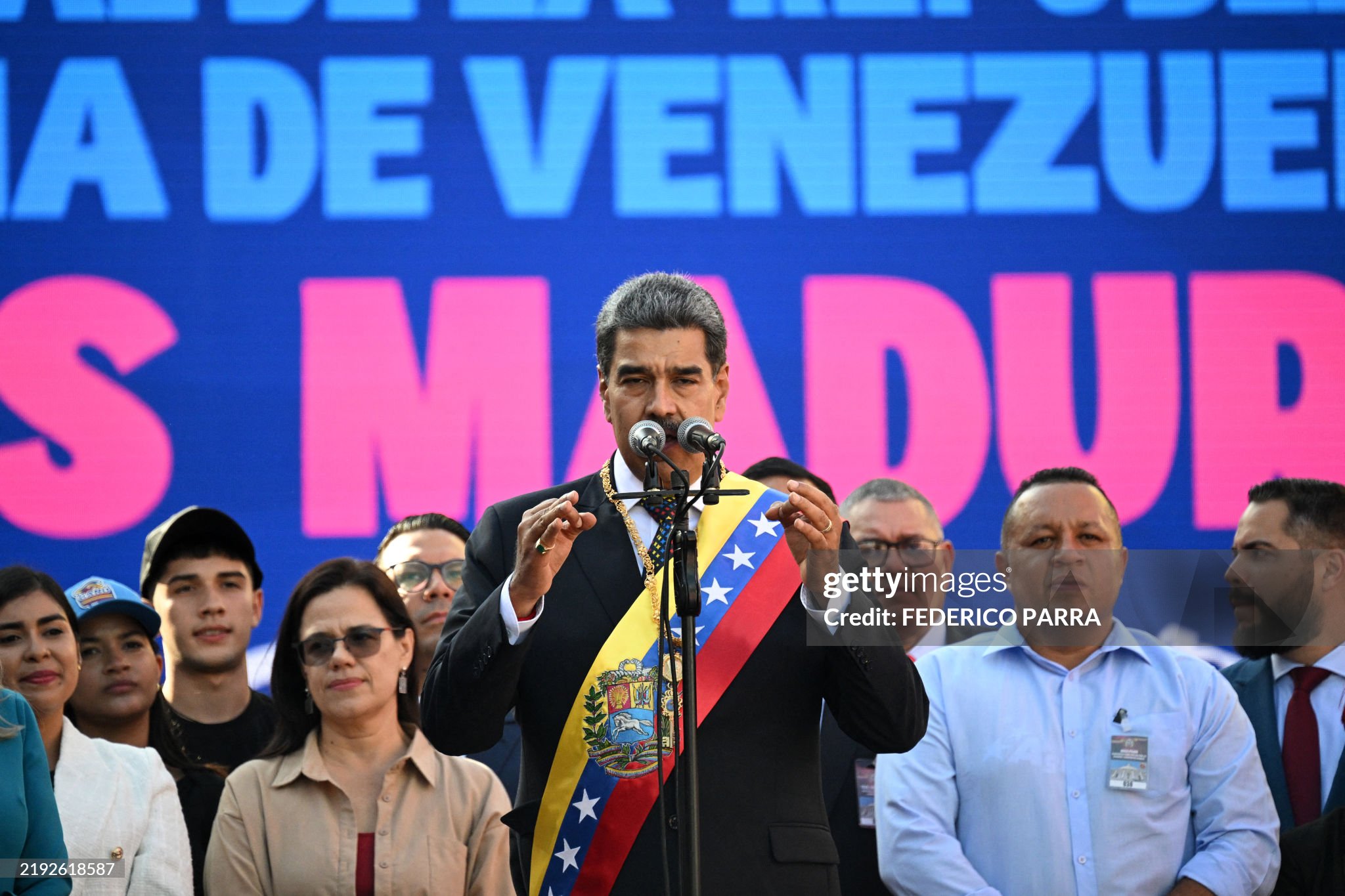Illegal, Unreported and Unregulated (IUU) fishing constitutes one of the most serious threats to our oceans.
It directly contributes to overfishing; undermines coastal communities’ livelihoods and food security; creates unfair competition for fishers operating legally; and it is often associated with human, drugs, and weapons trafficking, tax fraud, money laundering, and labour rights abuses in the seafood sector.
It leads each year to the loss of billions of dollars and hinders the development of coastal countries.
The lack of transparency in the global fishing sector is a key enabler of illegal fishing and associated crimes.
The remote nature of these fishing activities and the opacity of operations in the industry make it difficult to identify the illegal fishing vessels and their owners.
Despite the installation of tracking systems and other advancements aiming to improve transparency within the fishing industry, EU citizens are still able to own fishing vessels in countries that received an official European Union warning for their failure to tackle illegal fishing.
As a recent study from the EU IUU Fishing Coalition has found, multiple vessels currently fishing under the flags of non-EU countries that have been warned for their failure to tackle illegal fishing are owned by EU citizens having profit within the EU.
For example, several Latvian vessels identified in this analysis have been reflagged to Cameroon, however, the true owners still seem to be based in the EU.
Cameroon? Russia? EU?
Lax national fisheries rules and lack of controls in some non-EU countries such as Cameroon therefore continue to be exploited by Europeans, with profits from possible illegal catches flowing back to the EU.
The lack of information on vessel ownership within the global fishing industry hinders progress in the fight against illegal fishing, as it prevents authorities from determining the ultimate owner of vessels found to be fishing illegally.
Although the fishing vessels may be halfway across the world, the EU-based end-owners reap the rewards.
‘Reflagging’ refers to the process of changing the flag of a vessel from one country to another and it is a practice that can help illegal fishers avoid fisheries laws or controls.
Reflagging is not only used by illegal fishers. For example, Russian companies have been reflagging their vessels to other countries at a record rate in an attempt to avoid the sanctions imposed on Russia due to the invasion of Ukraine.
Although changing the country’s flag under which a fishing vessel operates is legal, it is problematic when the owners of fishing vessels try to bypass fisheries laws or control efforts by opportunistically reflagging their vessel to a country with more relaxed rules, also known as “flags of convenience”.
A vessel using a flag of convenience is registered under a foreign flag that bears no association with the nationality of the vessel’s owner or operator.
Technically, international law doesn’t allow such practice. However, the reality is that vessels can pick which flag allows them to access new fishing grounds or evade fisheries rules or penalties.
These countries may allow ship owners to remain anonymous using shell companies, which leads to a massive lack of transparency on the real owners that facilitates transnational organised crime, corruption, and contributes to the overexploitation of the ocean.
The EU is currently a champion in the fight against illegal fishing, and its laws have already prevented some abuses from its fishing vessels.
The European Union must however continue to deliver on its zero-tolerance policy against illegal fishing.
As a member of the European Parliament, I will continue working to remove secrecy from the fisheries sector and fight for transparency requirements by requesting EU institutions to publish information about vessel owners.
It is a matter of public interest and the European Parliament has recently taken position to fight against the flags of convenience.
Green light for pirates
This practice is particularly worrying in coastal developing countries with which the EU signs Sustainable Fisheries Partnership Agreements (SFPAs) that allow EU vessels to fish in their waters.
Indeed, the study also found that vessels were reflagged to non-EU countries with which the EU has an active SFPA.
Vessels fishing under these agreements are subject to an exclusivity clause which dictates that EU vessels are barred from fishing in the waters of the coastal State outside of the official access agreement.
The study found however at least three EU-owned vessels that have been reflagged to a non-EU country with an active SFPA, namely a Spanish-owned vessel reflagged to Mauritania.
In addition, two Latvian vessels were reflagged to Cameroon and Georgia but are likely fishing in the waters of Mauritania.
Normally if the EU and an SFPA partner country determine that the fishing opportunities have been exhausted, all EU vessels are prohibited from fishing in the partner country’s waters.
But these EU-based owners can retain access to these areas through national quotas as their vessels are no longer flagged to an EU member state.
The financial benefits of these fishing activities still end up with the EU-based beneficial owners, whose vessels continue profiting from resources in the coastal State waters.
This also creates an uneven playing field for EU operators who respect the rules.
While the European Parliament recently decided to renew the EU-Mauritania fisheries agreement for another five years, the majority of its MEPs expressed their concerns about reflagging in the region.
It sends a strong signal: we won’t stop illegal fishing and the plundering of the seas by those who don’t respect the rules if we don’t tackle this situation.




















Discussion about this post